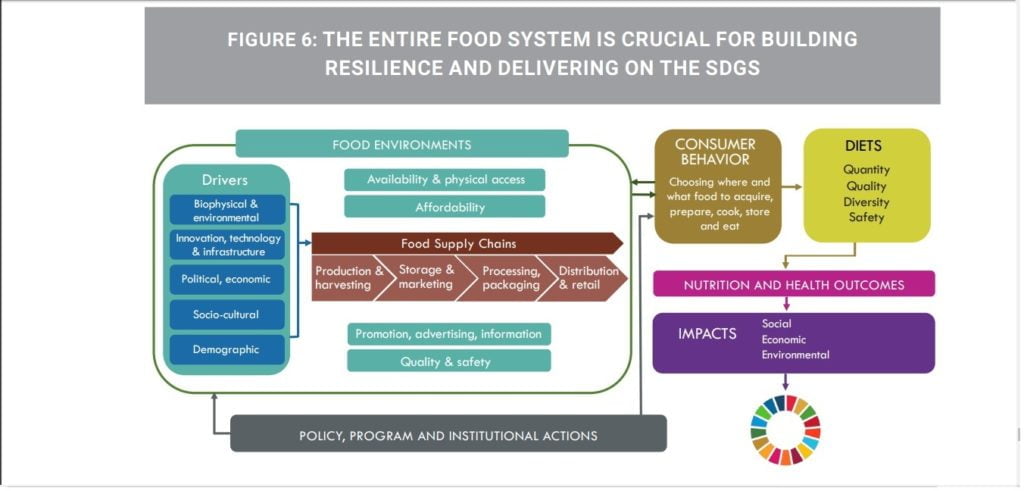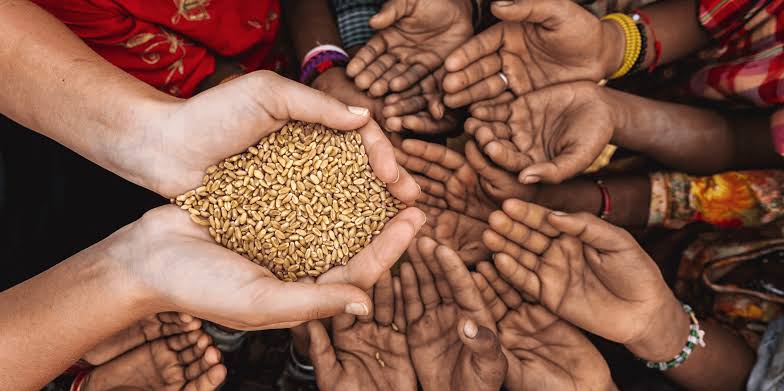The United Nations (UN) has warned the world of an impending food crisis that is going to last for at least 50 years. The UN says that this crisis is going to be worse than any food crisis seen before. In order to avoid the disaster, the UN has urged all governments to act fast.
Food Crisis or Food Emergency
A food emergency is defined as “an extraordinary situation in which people are unable to meet their basic survival needs, or there are serious and
immediate threats to human life and well-being”. This definition is from the The impact of Covid 19 on Food Security and Nutrition. And the United Nations published this report recently.
The chief economist of the UN FAO, Maximo Torero, said the world’s food systems were under threat as no other. The pandemic and lock downs hampered people’s ability to harvest and buy and sell food. “We need to be careful,” he said. “This is a very different food crisis than the ones we have seen.”
Although the harvests are good enough as of now, the global lockdowns hav caused less sales. Also the recent issues of conflicts, natural disasters, infections and plagues have caused the impending food crisis.
“Unless immediate action is taken, it is increasingly clear that there is an impending global food emergency that could have long-term impacts on hundreds of millions of children and adults. We need to act now to avoid the worst impacts of our efforts to control the pandemic”, said UN Secretary General Antonio Guterres.
“Even in countries with abundant food, we see risks of disruption in the food supply chain”, he added.
This crisis is es worst effecting the poor people. With the ‘economic depression’ caused by COVID-19, the poor may even be deprived of the basic nutrition. This year roughly 50 million people are at risk of falling into extreme poverty due to the pandemic, but the long term effects will be even worse as poor nutrition in childhood causes lifelong suffering.
To fix the food systems of the world, UN Secretary General has cited a three point plan:
- Focus aid on the worst-stricken areas to avoid immediate disaster
- Protect critical food, livelihood and nourishment in worst effected regions.
- Declare food related activities as essential services and provide necessary safety to workers in the industry.
- Implement real time food safety monitoring systems.
- Ensure that help reaches the most vulnerable.
- To improve social safety nets so children, pregnant women and breast-feeding mothers along with other at-risk group receive adequate nutrition.
- All social welfare schemes aimed at providing nourishment.
- Strengthen heath care systems.
- Lay foundation for robust and green future.
- Use the Secretary General hosted Food Systems Summit 2021.
- To invest in healthy and sustainable food systems and supply chains for the future
- Transform existing food systems.

You can read the reports here.
(Feature image source: Genetic Literacy Project)


